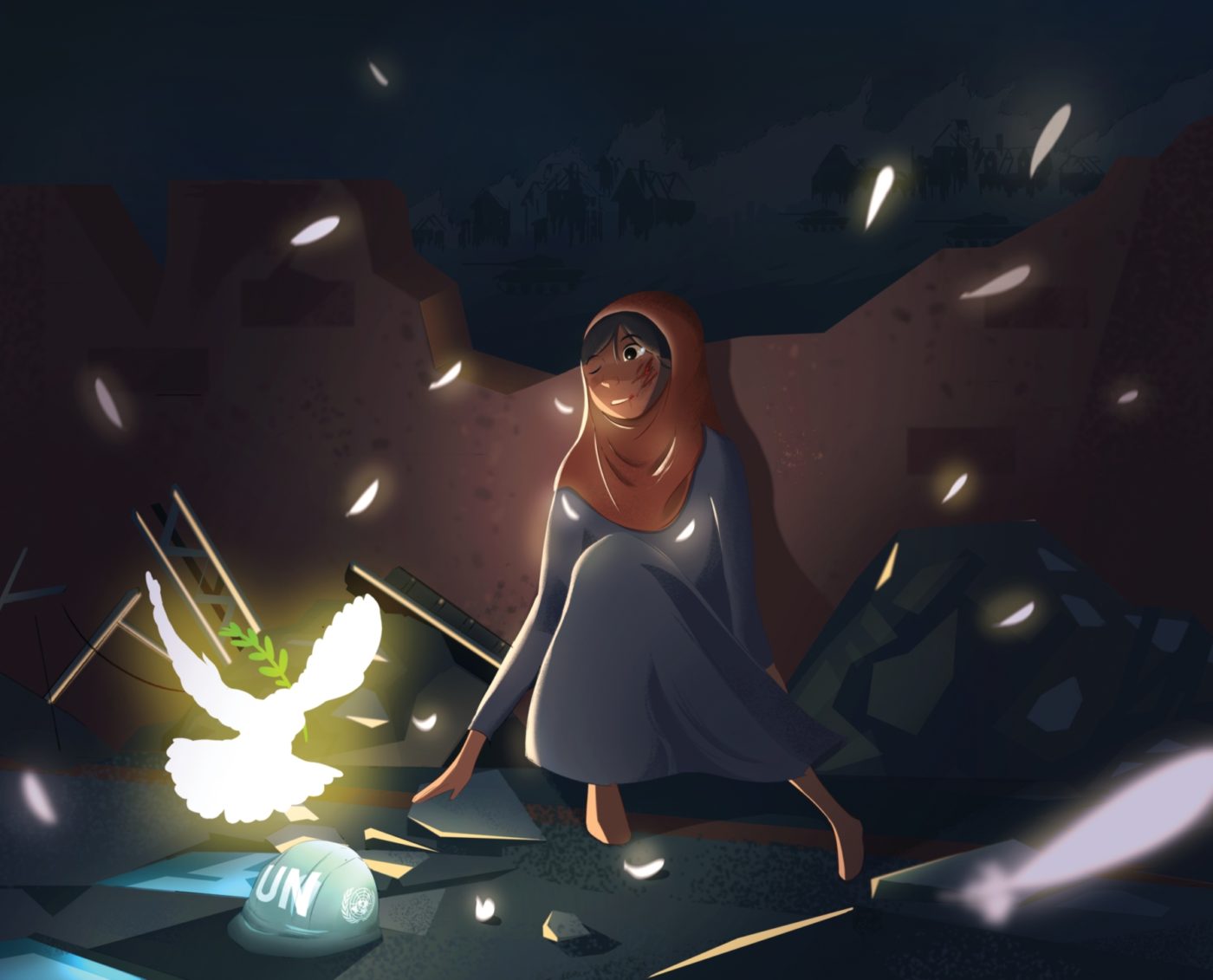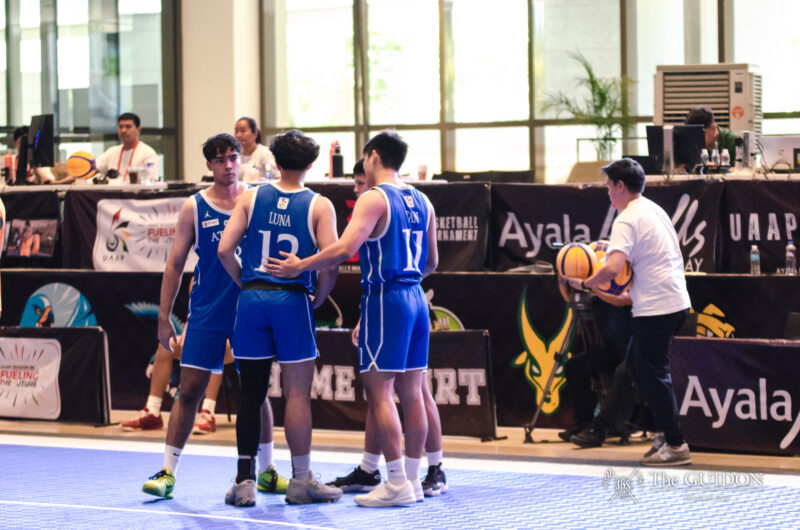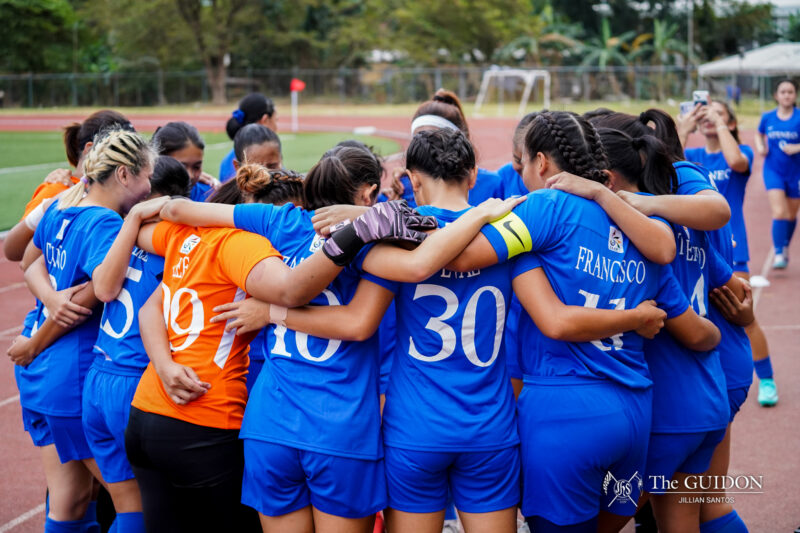IN 2004, a coup d’état in Haiti ousted President Jean-Bertrand Aristide who was replaced by Chief Justice Boniface Alexandre as interim president. The coup was one of many factors that contributed to instability in the country, along with systemic issues in governance, strained relations with the Dominican Republic, and waves of natural disasters.
Alexandre then requested a United Nations (UN) intervention to restore law and order. By June 1, 2004, the United Nations Security Council (UNSC) passed Resolution 1529 to establish MINUSTAH (i.e., Mission des Nations Unies pour la Stabilisation en Haïti) or the United Nations Stabilisation Mission in Haiti, a military peacekeeping mission. 13 years later, MINUSTAH shifted to a smaller policing operation, MINUJUSTH (i.e., Mission des Nations Unies pour l’appui de la Justice en Haïti) or the United Nations Mission for Justice Support in Haiti, to address the nation’s need for stronger civilian institutions.
In contrast to MINUSTAH, the MINUJUSTH peacekeeping force did not incorporate any military personnel, but was composed of various police units. The UN missions faced criticism several times for alleged human rights violations and violent clashes with protesters which resulted in casualties. However, despite the backlash, the peacekeeping operation was largely hailed as a success by the UNSC and by observers owing to the re-establishment and strengthening of institutions such as the national police. MINUJUSTH is set to close on October 15 in lieu of a UN political mission. However, the exit of the last UN peacekeeping personnel comes at a time of political turmoil that has erupted in the past few weeks as a result of the country’s economic woes and corruption scandal.
Like Haiti, the Philippines also faces issues of instability, especially in Mindanao where security and governance issues have delayed efforts for peace. Thus, missions like MINUJUSTH may provide insights into peacebuilding for the region.
Peace back home
Despite actively promoting peacekeeping abroad by contributing troops to UN operations, the Philippines continues to face conflict at home—particularly in Mindanao, where issues of poverty and governance have caused instability and created a hotbed for rebels.
Department of Political Science assistant professor Alma Salvador, PhD cited weak law enforcement as one of the causes of increasing crime and terrorism in Mindanao. “[The] centralization of governance in Manila [is an example of] policies of exclusion of the Muslims in Mindanao. [The] government’s militarization deepened the divide between Christians and Muslims,” she said. Salvador listed those causes as key factors to the rise of armed groups like the Moro National Liberation Front (MNLF), Moro Islamic Liberation Front (MILF), and Bangsamoro Islamic Freedom Fighters (BIFF).
Foundations for conflict resolution
Instability and neglect by the central government has left locals in Mindanao dismayed, but from this, an opportunity to apply lessons in peacebuilding from the UN arises.
In 2013, MNLF founder Nur Misuari called for the deployment of UN peacekeepers to monitor the region as a response to alleged increased militarization.
However, nothing came of this as the Malacañang dismissed the idea. Then-Presidential spokesperson Edwin Lacierda said in a press briefing, “Anong giyera? (What war?) We are having a war against poverty, I can guarantee that. The war against poverty doesn’t need peacekeepers.” Despite Misuari’s calls for demilitarization, martial law was declared in Mindanao four years later in response to the Maute Group’s attack on Marawi in 2017. Martial law was imposed to give the military more options—including censorship—to curb threats posed by armed groups. The Armed Forces of the Philippines (AFP) holds that martial law is necessary for ensuring security in Mindanao.
According to Salvador, the military’s presence in the region has also elicited varying responses. “There is mixed public perception of the impact of national security forces in the Muslim communities,” Salvador said. She noted that some areas resisted militarism for fear of abuses, while others believed that government services such as infrastructure building, law enforcement, and disaster relief aid would not be available without a military presence.
In Haiti, UN peacekeeping forces played a similar role in providing basic services, mainly in the form of humanitarian aid. A UN presence in Mindanao may be used to augment government services, as well as aid in security operations. While there has been an international security presence on the island since 2004 in the form of the International Monitoring Team (IMT), it does not perform military or police operations like UN peacekeepers. It mainly acts as an observer and mediator for conflicts between the government and armed groups.
In another effort to bring peace in the region, the Bangsamoro Organic Law (BOL) was passed in 2018, which aims to increase the region’s autonomy and allocate funds directly to the regional government. The BOL was recently lauded by President Duterte in a speech for reducing the fighting in Mindanao. However, it is not a one size fits all solution as analysts warn lawmakers that such a law could lead to more factionalism, as evidenced by the BIFF, which split from the MILF as a result of the peace talks. Instances of factionalism, coupled with MILF disarmament as per the BOL, could produce a power vacuum in the region for other militant groups to exploit.
Furthermore, the locals’ lack of trust towards the AFP and PNP may stifle efforts to improve security in the Bangsamoro Autonomous Region in Muslim Mindanao, suggesting a need for a neutral peacekeeping force—like the UN—that may bridge the gap between the locals and national security forces.
If the UN’s Haiti peacekeeping mission teaches us one thing, it’s that UN intervention may be a necessary step to end the conflict and build a lasting peace. A UN peacekeeping force in Mindanao would not only bolster security, but rebuild communities and foster hope for the future.
What do you think about this story? Send your comments and suggestions here: tgdn.co/2ZqqodZ




